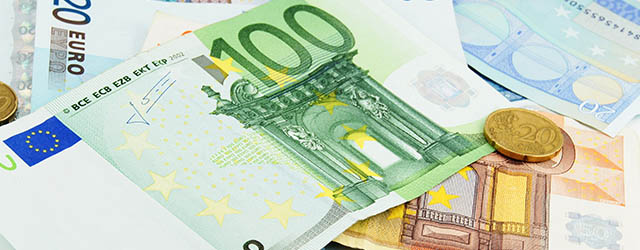Trends | Foreign Exchange

Foreign exchange traders complained that lack of volatility in the market last year was drying up their business. These same traders are now feeling whiplash from the Swiss National Bank’s surprise move on January 15 to de-peg the “Swissie” from the euro.
Javier Paz, senior analyst at Aite Group, says: “The full impact of the SNB decision is months away from being known, but it is closer to a nuclear explosion than a 1,000 kilogram conventional bomb. What makes the decision so consequential is that it was such a massive move—one for which many key players in the market were not well prepared—and the aftermath is like a black hole that can suck massive amounts of credit from currency trading as we have known it.”
In the biggest one-day move in a developed market’s currency in the history of floating exchange rates, the euro quickly lost 30% of its value against the Swiss franc. Currency brokers were the first casualties. Alpari (UK) filed for insolvency, and FXCM grasped a $300 million lifeline from Leucadia National, owner of investment bank Jefferies.
Denmark became an unintentional safe haven, as investors sought triple-A-rated economies in which to deposit their cash, according to a research note from Jefferies. Denmark’s central bank lowered its deposit rates further into negative territory. There is a chance that Denmark could abandon its euro peg as well, although it doesn’t appear to have the political will to do so, Jefferies says.
Corporate treasurers would do well to reexamine their own contingency plans for abrupt currency price movements of 5% or more, says Aite Group’s Paz. They need to consider direct currency exposure as well as counterparty exposure, he says.
Meanwhile, a recent Aite Group analysis shows that global foreign exchange volume likely reached $5.5 trillion per day in 2014, and continued its expansion owing to a pickup in volatility in the third quarter. The report says the lower incidence of market making on the part of banks could lead to greater foreign-exchange-market volatility.



